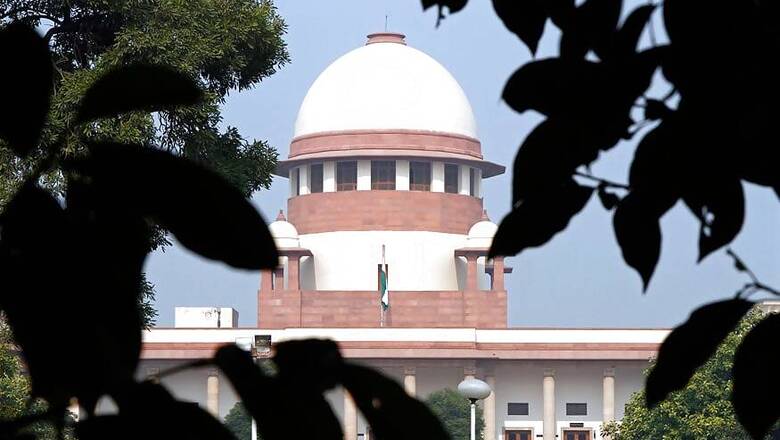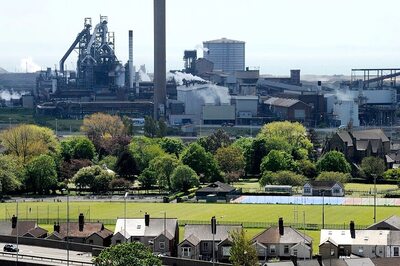
views
New Delhi: The Supreme Court has questioned the Centre and state governments on steps being taken to keep witnesses out of harm's way, especially in sensitive and high-profile cases.
A bench of justices AK Sikri and Ashok Bhushan, after hearing Attorney General KK Venugopal, decided to issue notices to all the states, seeking their responses on the issue.
"Since in this petition the court is primarily dealing with the issue pertaining to witness protection programme, it would be appropriate to issue a notice to all other states as well," said the court in a recent order.
The bench passed the order as the A-G, assisted by Additional Solicitor General Pinky Anand, agreed with the court that it was indispensable for an effective justice delivery system to keep witnesses safe so that trials are not vitiated by fear or by any other form of duress.
The judges were hearing a petition relating to the safety of witnesses in rape cases involving self-styled godman Asaram and his son Narayan Sai.
Notably, at least three prime witnesses in these rape cases have been killed while over a dozen have been attacked. The two rape cases are being tried at courts in Rajasthan and Gujarat.
One of the petitioners before the apex court was a personal assistant to Asaram between 2001 and 2005. He was also shot at his house in May 2015 in Panipat but survived. Other three petitioners include the father of a rape victim, father of a murdered witness and a journalist, who also who allegedly escaped a murder attempt.
When the matter had initially come up for hearing, the court had issued replies from state governments of Gujarat, Uttar Pradesh, Haryana and Rajasthan, where these witnesses lived and where the trials were proceeding.
However, the bench has now decided to widen the ambit of the matter, as it roped in all states through formal notices. The state governments have been given four weeks to inform the court what have they done to protect witnesses in criminal cases.
Despite being central to the criminal justice delivery system, there are not many safeguards in place to protect witnesses.
More than a decade ago, the Supreme Court had emphasised the need for victim and witness protection in the context of the 2002 Gujarat riots and even ordered protection for many victims and witnesses.
Later, in 2005 the Standing Committee on Home Affairs raised concerns about the lack of witness protection and recommended law reform.
This was followed by a report of the Law Commission of India in 2006, which recommended procedural changes to protect witnesses inside and outside courtrooms. The Commission also proposed a draft law on witness protection and called for the government to fund the program. But the legislative reform remained elusive.
As recently as in November last year, the apex court, in a judgment, called for a witness protection programme — "at least in sensitive cases involving those in power, who have political patronage and could wield muscle and money power, to avert trial getting tainted and derailed and truth becoming a casualty."



















Comments
0 comment